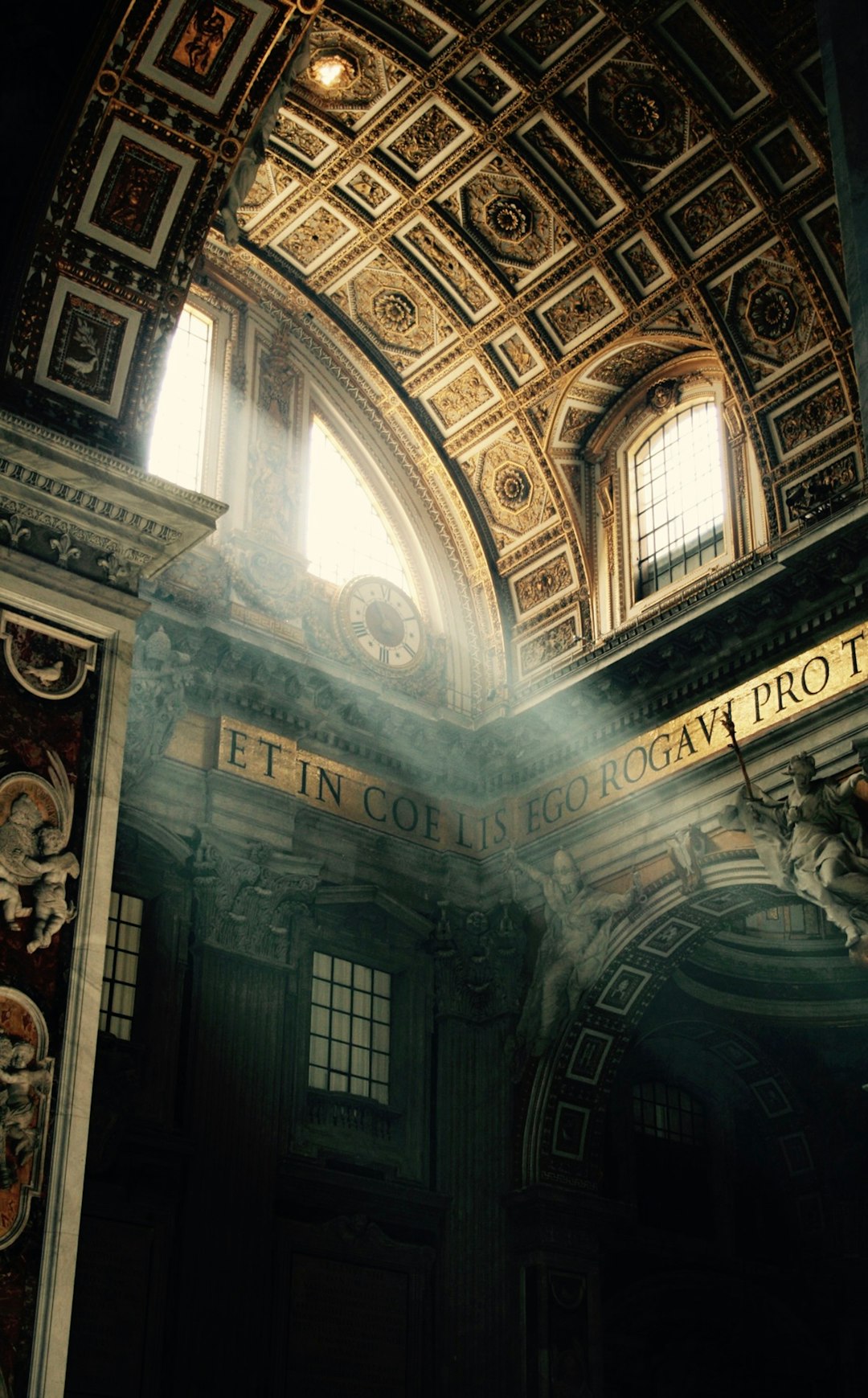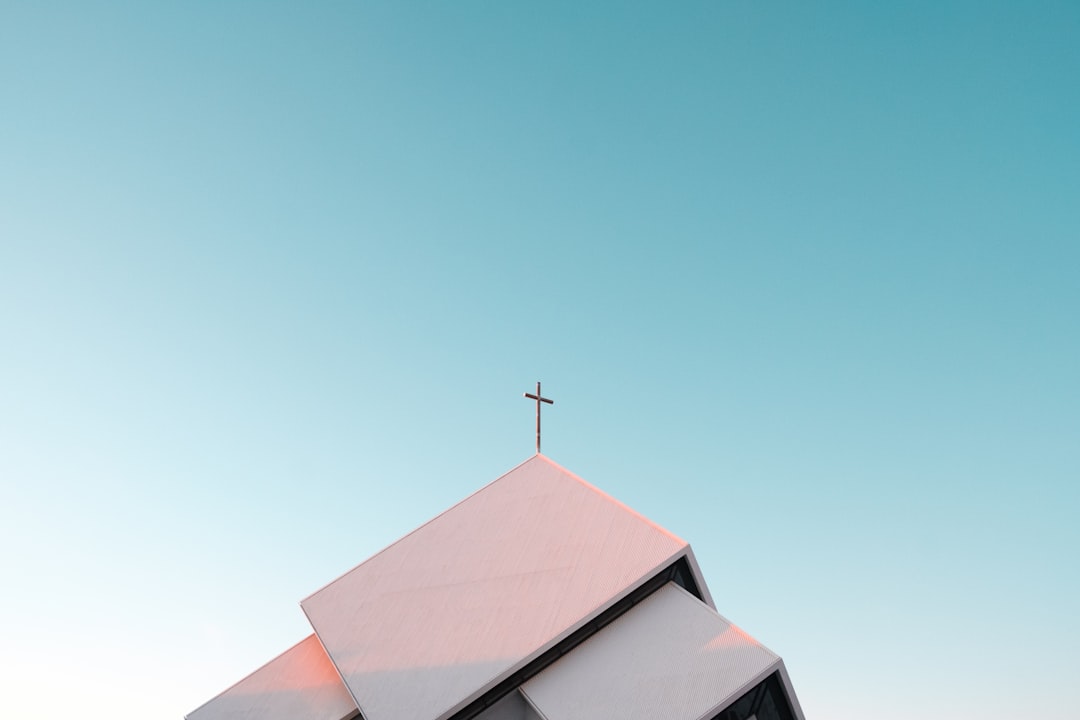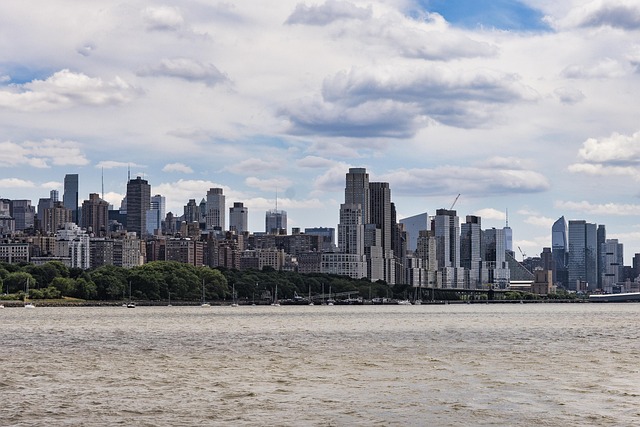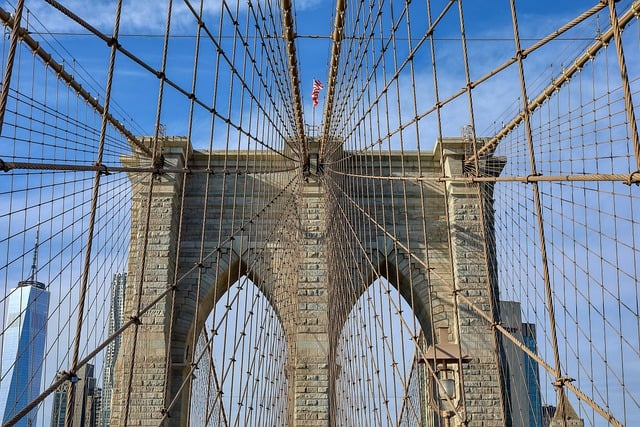In New York, the Statute of Limitations for filing a civil suit against clergy for abuse varies by age and discovery, with a strict 3-year limit starting from age 18 or discovery. Minors have until their 21st birthday. Exceptions include legal disabilities or active concealment by the abuser. A clergy abuse lawyer in New York is crucial to navigate these complexities, assess case validity, and provide tailored legal advice based on unique circumstances to ensure justice for victims.
“In New York, victims of clerical sexual abuse have a right to justice. This comprehensive guide navigates the state’s statute of limitations for clergy abuse cases, providing crucial insights for those seeking legal redress. We explore who is considered ‘clergy’ and what constitutes ‘abuse’ under the law. Additionally, we outline the steps to take when consulting with a specialized clergy abuse lawyer in New York, offering a clear path towards understanding your legal options and pursuing closure.”
Understanding New York's Statute of Limitations for Clergy Abuse Cases
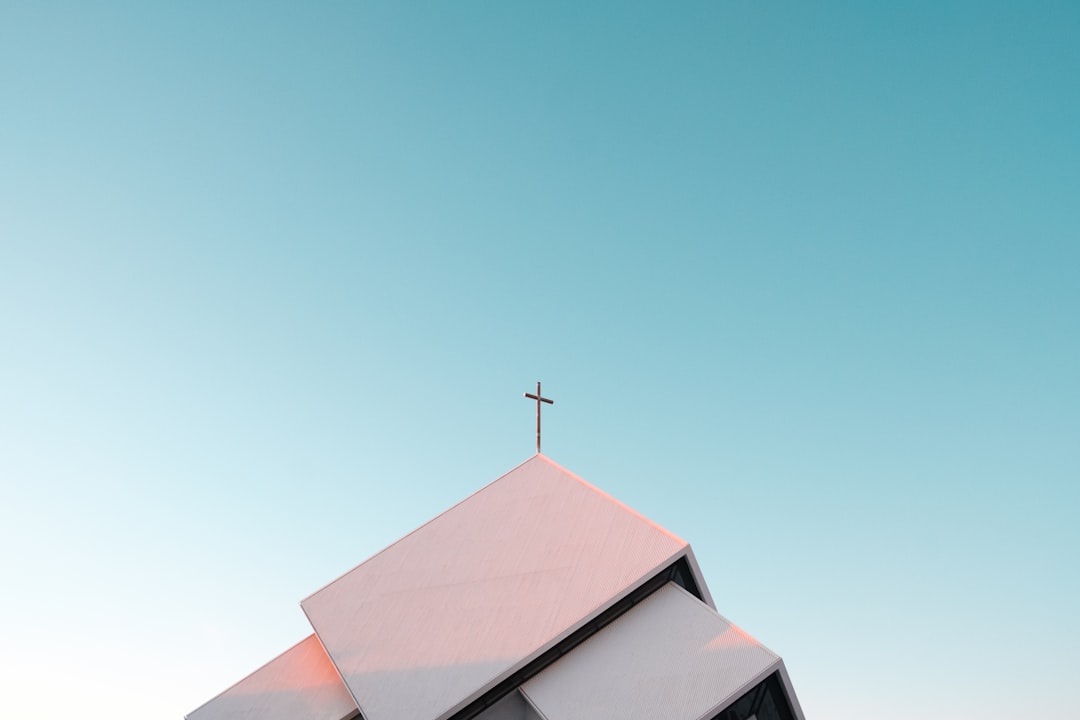
In New York, the Statute of Limitations for filing a civil suit regarding clergy abuse varies depending on the type of abuse and when it occurred. For instances of sexual abuse by a cleric, there is a strict 3-year limit from the time the victim turns 18 or discovers the abuse, whichever comes later. This means that if you were a minor who experienced abuse by a religious leader in New York, you generally have until your 21st birthday to take legal action.
It’s important to note that there are exceptions and extensions to this rule for clergy abuse cases. For example, the Statute of Limitations may be tolled (or paused) if the victim was under a legal disability at the time the abuse occurred or if the abuser actively concealed the abuse. A qualified clergy abuse lawyer in New York can help navigate these complexities and advise victims on the best course of action based on their unique circumstances.
Who Is Covered Under the Law? – Defining Clergy and Abuse
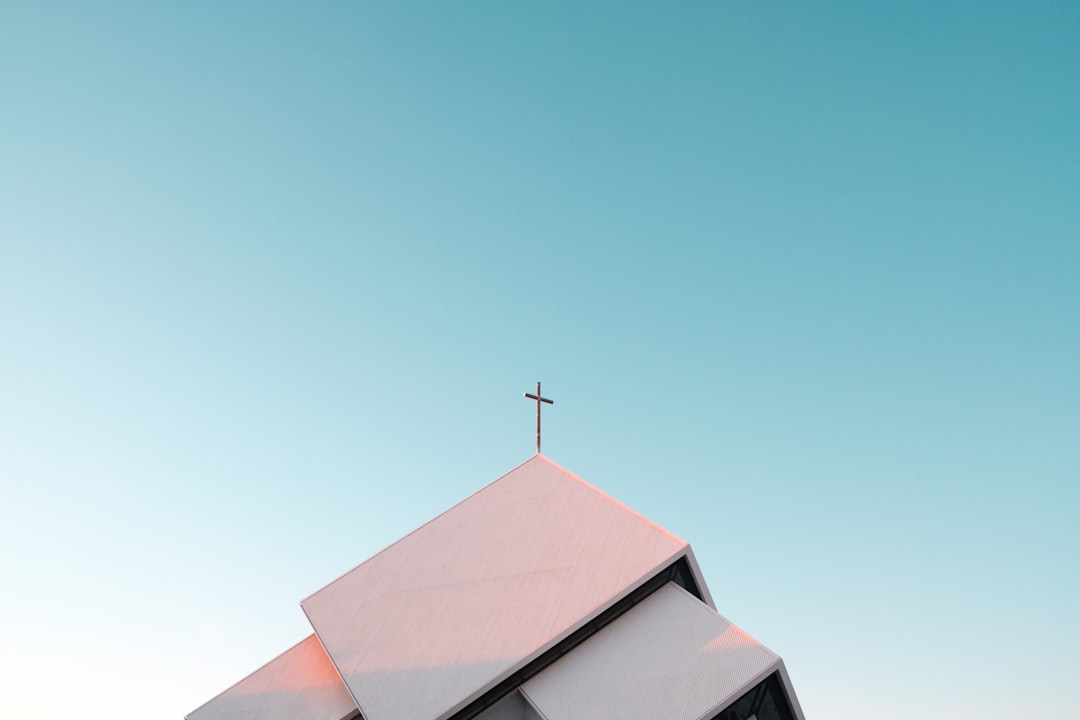
In New York, the clergy abuse statute of limitations plays a crucial role in holding accountable those who have committed sexual or physical abuse within religious organizations. The law covers a wide range of individuals, but for our purposes, we focus on defining “clergy” and what constitutes “abuse.”
Under New York law, “clergy” is broadly defined and includes not only traditional religious leaders like priests and pastors but also any individual who provides spiritual guidance or conducts religious ceremonies within a recognized house of worship. This category can extend to teachers, counselors, coaches, and volunteers who hold significant authority or interact closely with members of the congregation in a way that allows them to exploit their trust. “Abuse,” for these purposes, encompasses sexual misconduct, assault, battery, or any other form of harmful behavior that occurs within a religious setting and involves a person in a position of power or authority over another. A clergy abuse lawyer in New York can provide expert guidance on navigating the statute of limitations and ensuring justice for victims.
The Process: What to Expect When Consulting a Clergy Abuse Lawyer in New York

When you’re ready to take action and consult a clergy abuse lawyer in New York, it’s important to understand what to expect during this process. The first step is usually an initial consultation where you’ll meet with the attorney and share the details of your case. Here, they’ll assess the validity of your claim, provide legal advice tailored to your situation, and explain the statute of limitations applicable to clergy abuse cases in New York. This period varies depending on the type of abuse alleged, so it’s crucial to act promptly.
During this meeting, you can expect an attorney who specializes in clergy abuse lawyer New York to listen attentively, ask relevant questions, and offer a clear understanding of your rights and options. They’ll guide you through the legal process, explaining each step along the way, and helping you make informed decisions. This consultation is an opportunity for you to gain clarity and determine the best course of action to pursue justice and healing.
